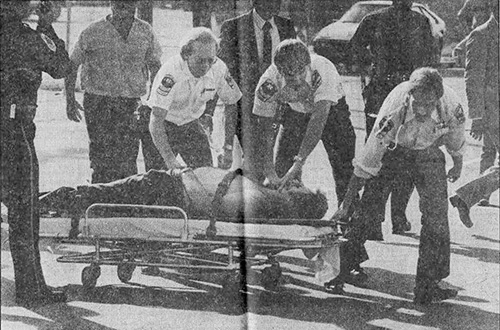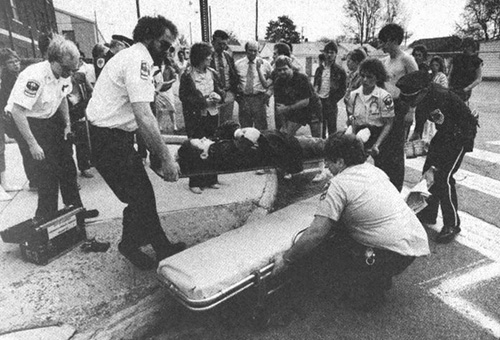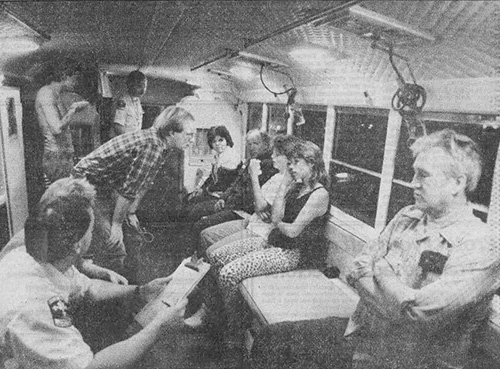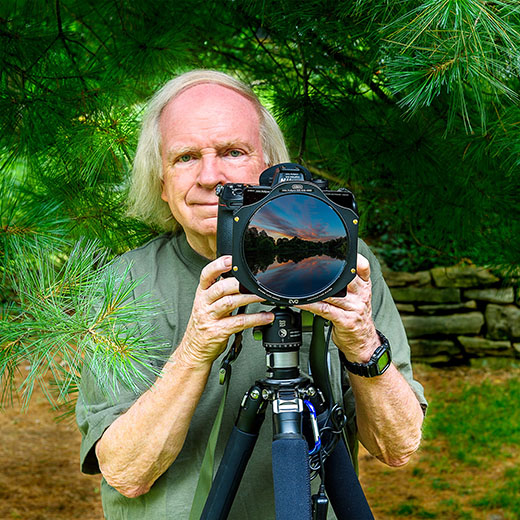
When I first arrived in Louisville I worked as a street paramedic until 1984, when I was promoted to Operations Supervisor.
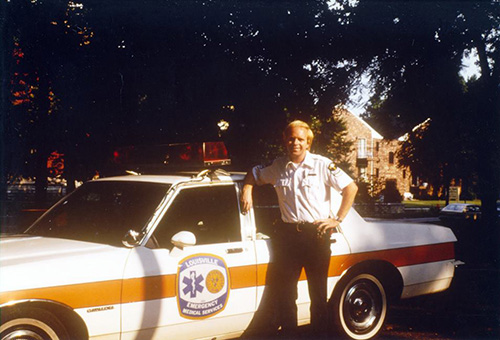
In 1981 I was recognized as the City of Louisville EMS Employee of the Year and in 1983 I was recognized as the City of Louisville EMS Paramedic of the Year.
From 1981 until 1989 I was also a volunteer patrol member with the National Ski Patrol.
When I was promoted to Operations Supervisor I worked alone out of a police-package Ford LTD. While there were certain types of emergency responses that I had to respond to as a supervisor, being a supervisor also allowed me to pick and choose which calls I would respond to. This allowed me to assist my staff but it also really provided an "edge" in the experience department.
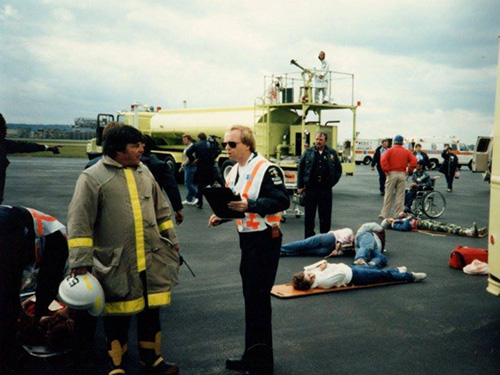
We trained our Explorer Scouts in American Red Cross First Aid and CPR. Then scouts would ride with me in the EMS supervisor's car and, once I had confidence in ther abilities, they would be allowed to sign up to ride third-person on the ambulance.
I was truly amazed with what these young men and women could do. While an EMS scene typically has one patient, there are many times when mulitple patients can outnumber the available responders, and these scouts could be trusted to take one (or more) patients on their own.
Many of our scouts went on to EMS careers after high school graduation. Others went into other public safety careers such as firefighters or police officers, or other allied-health careers such as nursing or physicians.
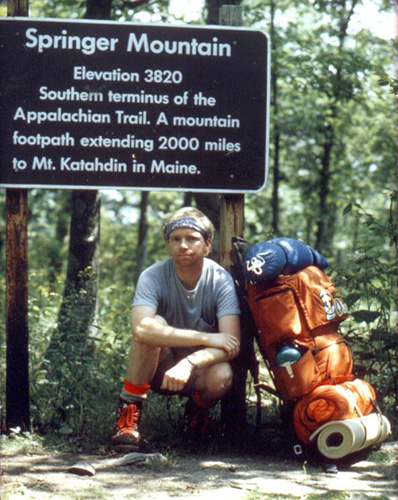
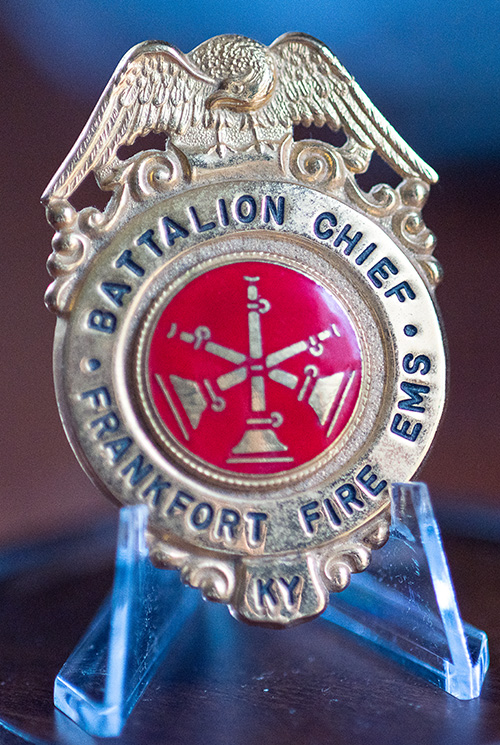
In the late 1980s, required continuing education for Emergency Medical Technicians and Paramedics was provided "in-house" by EMT instructors, the few Paramedics that we had, and Registered Nurses. The Kentucky Medical Association offered an EMS track at their annual medical conference that was coordinated by nurses. But the fairly new Kentucky Ambulance Providers Association desired a more active role in EMS continuing education and in 1989 began their efforts to establish the Kentucky EMS Conference and Expo. I was asked to be one of the conference's first education coordinators and I remained involved in various coordinator roles for 30 years.
In 1987 I was recognized by the Outstanding Young Men of America program and in 1988 I was recognized by the City of Louisville Emergency Medical Services Board of Directors with their Meritorious Service to the Community Award.
